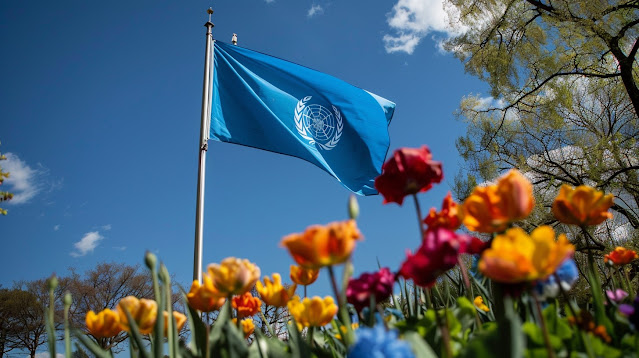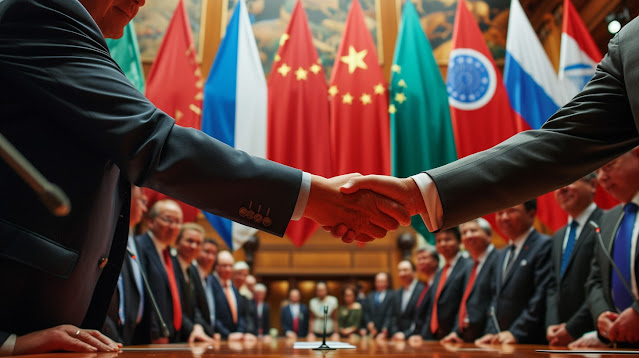Submit Review: Unraveling the Controversial Debate of International Organizations like the United Nations
Effectiveness of International Organizations like the United Nations
Understanding the Debate: The debate over the effectiveness of international organizations revolves around their ability to achieve their stated goals, such as maintaining international peace and security, promoting human rights, and fostering global cooperation. Critics point to instances of bureaucratic inefficiency, politicization, and failure to prevent or resolve conflicts as evidence of the limitations of these organizations. Additionally, questions about their legitimacy and accountability have led to calls for reform and restructuring.
Challenges Faced by International Organizations:
One of the primary challenges faced by international organizations like the UN is the lack of consensus among member states on key issues, such as peacekeeping missions, humanitarian interventions, and sanctions enforcement. The complex geopolitical landscape, competing national interests, and power dynamics among member states often hinder effective decision-making and collective action.
Furthermore, the proliferation of non-state actors, including terrorist organizations, transnational criminal networks, and extremist groups, presents new challenges to international peace and security. These actors operate beyond the reach of traditional state-centric approaches, requiring innovative and adaptive responses from international organizations.
Creating Solutions:
Addressing the challenges faced by international organizations requires a multifaceted approach that addresses both structural and operational issues. One potential solution is to reform and strengthen existing mechanisms for conflict prevention, mediation, and peacebuilding. This could include enhancing the capacity of peacekeeping missions, improving coordination among relevant stakeholders, and prioritizing conflict resolution efforts.
Additionally, promoting greater transparency, accountability, and inclusivity within international organizations can help enhance their legitimacy and effectiveness. This could involve increasing civil society participation, enhancing oversight mechanisms, and improving communication and information-sharing practices.
Furthermore, investing in capacity-building initiatives, particularly in conflict-affected regions, can help strengthen local institutions and empower communities to address underlying causes of instability and conflict. By prioritizing long-term development and resilience-building efforts, international organizations can contribute to sustainable peace and prosperity.
Conclusion: As we navigate the complexities of the debate over the effectiveness of international organizations like the United Nations, it is essential to recognize the importance of collective action and cooperation in addressing global challenges. By fostering dialogue, promoting reform, and investing in capacity-building initiatives, we can enhance the effectiveness of international organizations and work towards a more peaceful, equitable, and sustainable world for all.














Comments
Post a Comment